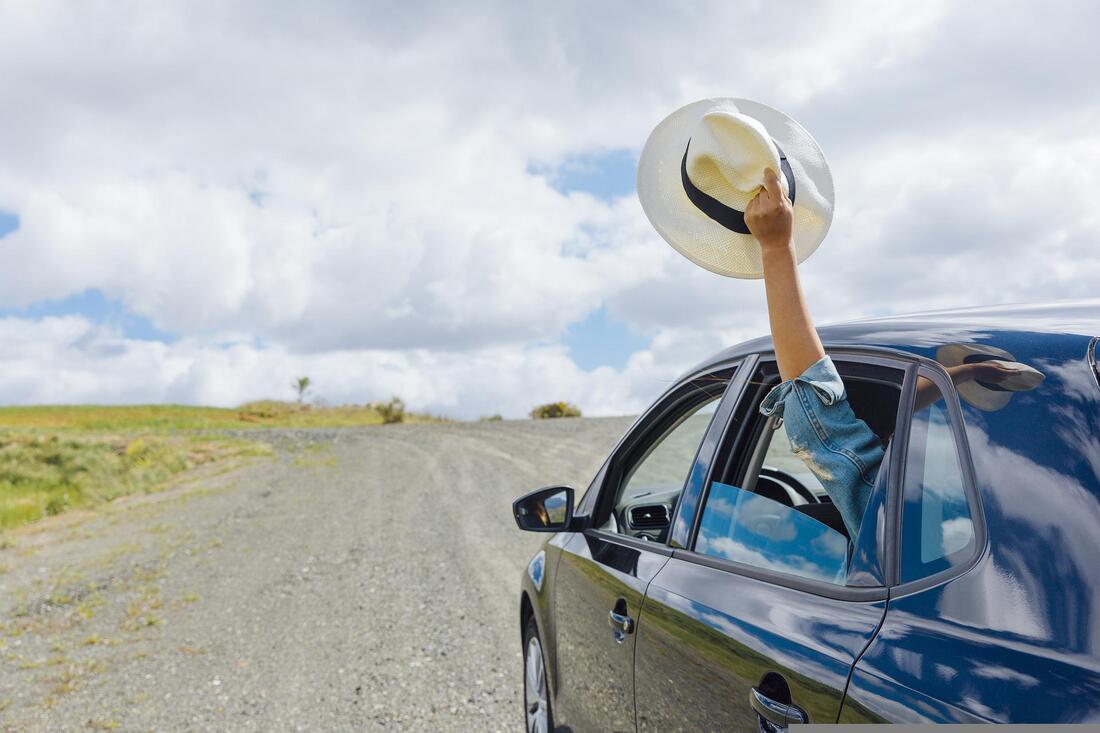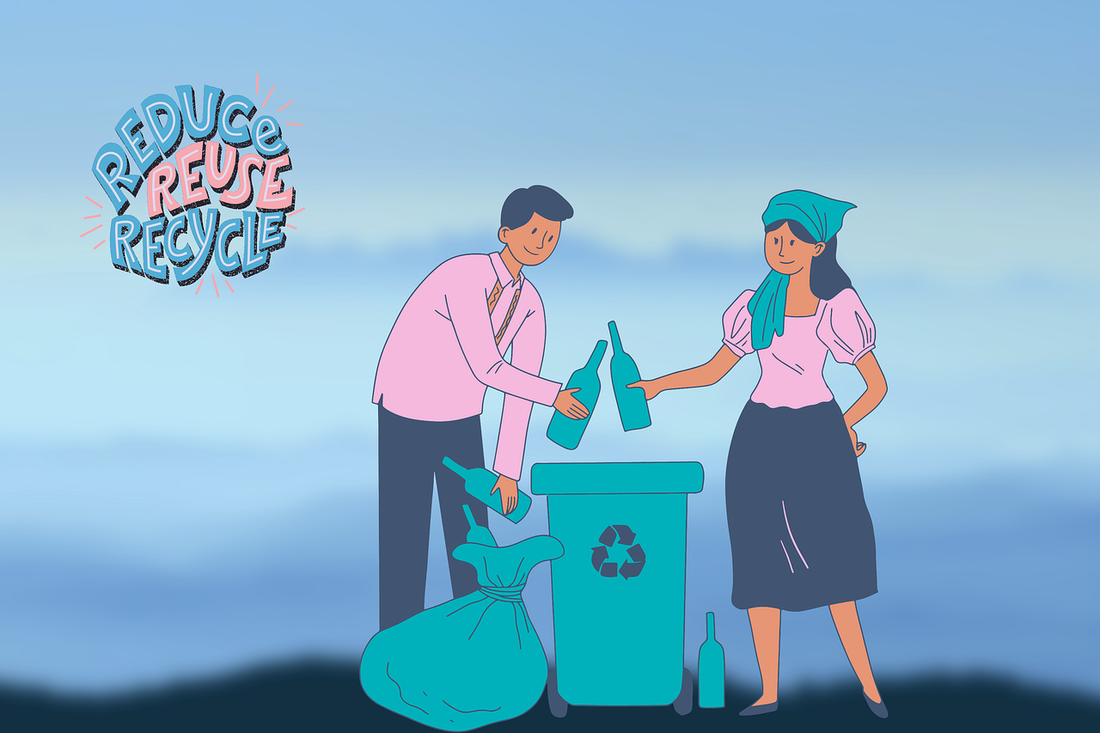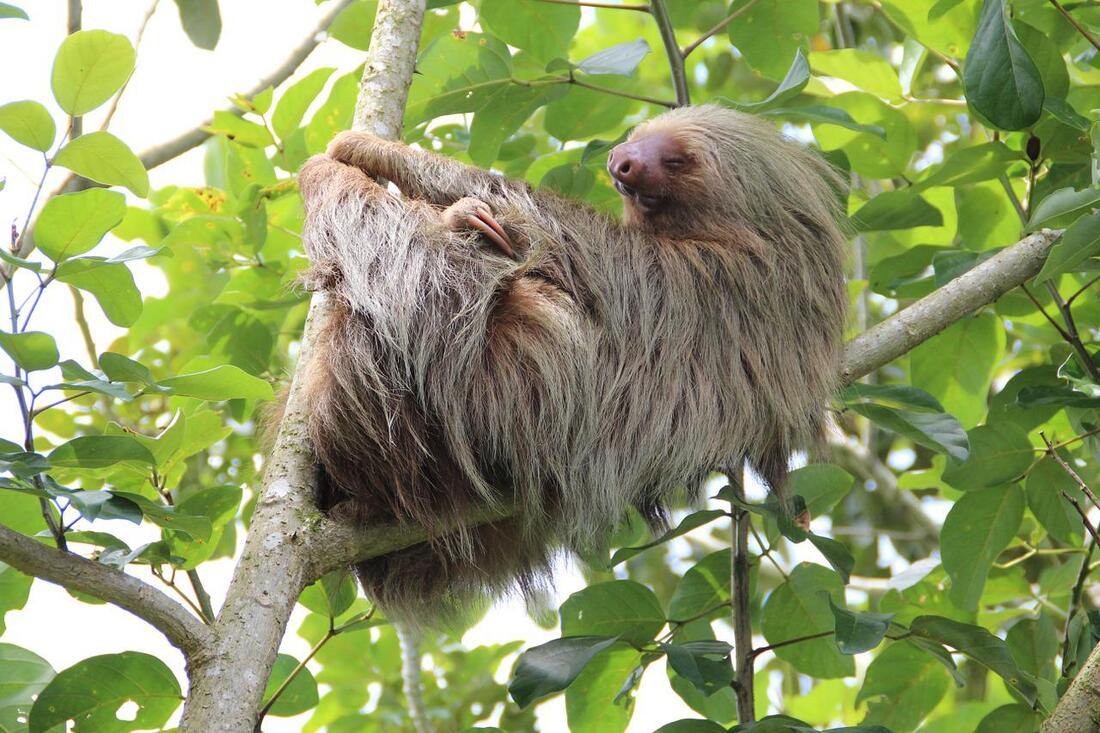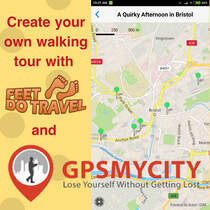While there are many benefits to travelling, you also need to think about sustainability. Sustainable tourism is a type of tourism that minimises the negative impacts on the environment and culture of a destination. It is also more environmentally friendly than conventional tourism.
Sustainable travel has become an important part of the tourism industry. Travellers need to be more conscious of their carbon footprint while travelling, and there are many ways to reduce your impact which include making sure you stay in eco-friendly accommodation, choosing environmentally friendly transportation, buying local food, reducing your single use plastic usage, and eating less meat.
Feet Do Travel are advocates for eco-friendly travel and responsible tourism, and would like to share a few ways to help you become a more sustainable tourist.
Sustainable travel has become an important part of the tourism industry. Travellers need to be more conscious of their carbon footprint while travelling, and there are many ways to reduce your impact which include making sure you stay in eco-friendly accommodation, choosing environmentally friendly transportation, buying local food, reducing your single use plastic usage, and eating less meat.
Feet Do Travel are advocates for eco-friendly travel and responsible tourism, and would like to share a few ways to help you become a more sustainable tourist.
Understand the Environmental Impact of Travel
The start of becoming a more sustainable traveller is to understand your impact on the environment when you travel.
Air travel is one of the most polluting ways to travel. It emits a lot of carbon dioxide, which significantly impacts the environment. To reduce the carbon footprint of air travel, it is important to take steps such as only flying when necessary and choosing more sustainable modes of transport. Slow travel is best for the environment which means using public transportation such as trains, metro, buses, and even cycle if you have a short journey.
If you are nervous about crowds after the COVID-19 pandemic, are travelling with friends, or maybe you want to take a road trip, then a car is perfect, and significantly more eco-friendly than a plane. Research the best eco-friendly care models at Edmunds, try not to use air-con which uses more petrol (open the windows if possible), and don’t drive too fast which also burns more gas (slow down, enjoy the journey and your surroundings).
If you do find yourself in the unfortunate situation of being involved in a car accident (hopefully only a minor one), be sure to contact a car crash lawyer for assistance.
Never litter, and always take your trash away with you when you visit any destination, especially if you have spent a day on the beach or in a forest. So many national forests are having to display “don’t leave trash behind”, “don’t mess with wildlife”, and “don’t start fires”. Sadly people don’t listen to these rules so start fires which can destroy areas of a forest, feed or touch wildlife which encourages animals to become used to humans, or leave plastics lying around which wildlife eat.
Cigarette butts are one of the worst items to litter as they do not biodegrade, so please dispose of them properly. Always carry a portable ash tray with you, and throw the butts into a bin when you see one. Discarded cigarettes can start fires in dry areas, can be eaten by birds and their chicks, and if left on the beach they will end up in the ocean.
Reduce your singe use plastic because not all countries offer recycling facilities. Carry a refillable water bottle with you, a canvas tote bag for shopping, a reusable straw and ideally, switch your bathroom products to shampoo bars and bamboo toothbrushes.
Remember the 5's - Refuse, Reduce, Reuse, Recycle, Rot (compost)
Choose a Sustainable Travel Destination
Travelling is a fantastic way to learn about different cultures, meet new people, and explore new places. If you want to be a sustainable tourist, choose your destination wisely.
A sustainable destination is one you can enjoy without damaging the environment. These destinations are typically found in nature-filled areas such as national parks or national forests. The best way to find a sustainable destination is by looking at various green travel destination guides that offer information on how to travel sustainably. Some great areas include:
1) Costa Rica was one of the first countries to promote responsible tourism. It doesn’t produce any carbon dioxide emissions from transportation or electricity generation which is mainly sustainably sourced. It also has plenty of natural attractions such as rainforests and beaches, and three of its conservation areas and parks are UNESCO-protected
2) Iceland has a wide variety of natural attractions such as glaciers, volcanoes, geothermal areas, and lava fields. It also has a low carbon footprint due to its low population density and renewable energy sources.
3) Amsterdam/The Netherlands - Not only are KLM fighting to combat emissions, but The Netherlands are constantly focused on staying sustainable. They’re cutting back on cars and heavily pushing for bikes and public transportation.
Do Not Take Part in Unethical Animal Tourism
If you are an animal lover, make sure you do your research before taking part in any animal tourism. Although it’s been widely discussed not to ride elephants or cuddle tigers, you have to be careful when visiting animal sanctuaries, aquariums or zoos, where animals are not always treated well. World Animal Protection discovered that 75% of wildlife tourist attractions have a negative impact on wild animals.
It may seem harmless to swim with dolphins, bathe with an elephant, or snorkel with whale sharks in Oslob, Philippines where they are fed to guarantee a sighting, but human interaction has a bigger impact on their life than you know (often in a cruel way). Never feed turtles, fish, monkeys and don’t take part in any activity which feeds animals.
While these are only a few tips towards being a sustainable tourist, following these guidelines will make a significant impact, and help protect our planet.
Want more tips to help you travel responsibly?
Elephant Valley Thailand: Where Elephants Come First
Palm Oil Free and Sustainable Palm Oil Products - For Men, Women and Travel
10 Ways to Support World Ocean's Day
The Darker Side of Tourism (and how we can help)
Brunei Jungle - Primary Rainforest Paradise











